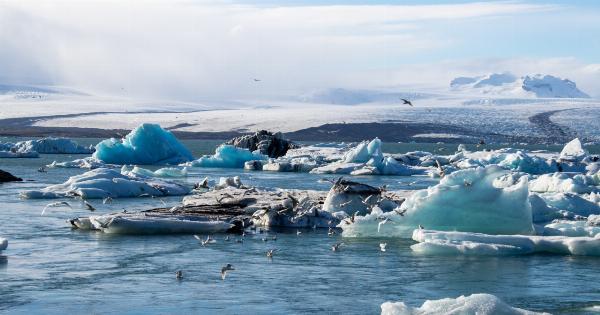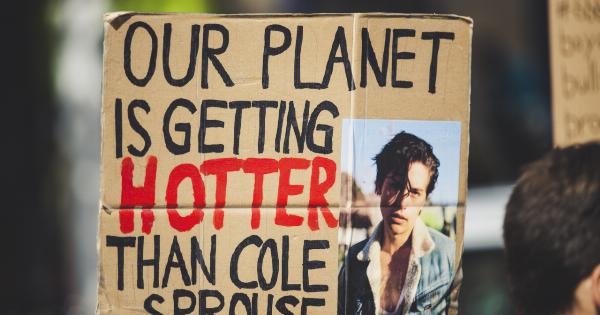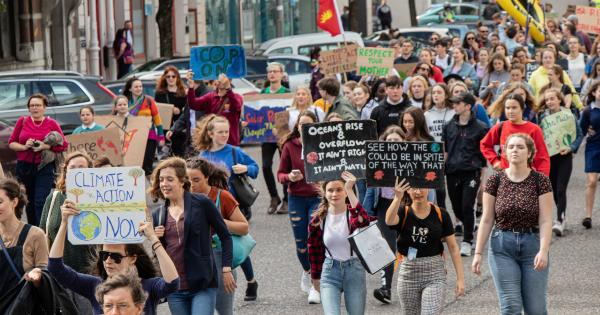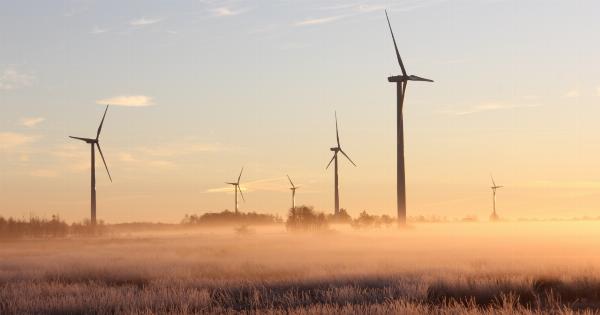The climate is a key component of the natural world, and changes to it have far-reaching effects on the planet and all of its inhabitants.
Recently, a growing number of scientists and global leaders have been sounding the alarm about the climate crisis, a critical risk for the planet in the coming years. This article will explore the causes and effects of the climate crisis, as well as possible solutions to this growing problem.
The Causes of the Climate Crisis
The climate crisis can be attributed to human activities, specifically the emission of greenhouse gases into the atmosphere.
The burning of fossil fuels like oil, coal, and natural gas releases carbon dioxide and other greenhouse gases that trap heat from the sun in the Earth’s atmosphere, leading to a phenomenon known as global warming. Other human activities such as deforestation and agriculture also contribute to the problem by releasing additional greenhouse gases into the atmosphere.
Effects of the Climate Crisis
The effects of the climate crisis are widespread and potentially catastrophic. Rising temperatures can lead to more frequent and severe weather events like hurricanes, droughts, and wildfires.
Sea levels are rising, threatening coastal communities and leading to the loss of ecosystems like coral reefs. Changes in weather patterns can also impact agriculture, leading to food shortages and higher prices. The health of the planet’s inhabitants is also at risk, with potential increases in air pollution and the spread of disease.
The Role of the Paris Agreement
The Paris Agreement, signed in 2015, is an international agreement aimed at combating the climate crisis.
The agreement aims to limit global warming to well below 2 degrees Celsius above pre-industrial levels and to pursue efforts to limit the increase to 1.5 degrees Celsius. The agreement also calls for countries to regularly report their progress towards reducing greenhouse gas emissions and to enhance their efforts over time.
The Need for Action
The climate crisis is a serious threat to the planet and all of its inhabitants, and action is urgently needed to address it.
Governments and individuals alike can take steps to reduce their greenhouse gas emissions through measures like switching to renewable energy sources and reducing consumption. Innovation and investment in green technology can also play a critical role in reducing emissions and mitigating the effects of global warming.
The Role of Corporate Responsibility
The business world can also play a significant role in addressing the climate crisis. Companies can reduce their carbon footprint through measures like green energy practices and reducing waste.
Additionally, they can invest in technologies and practices that reduce emissions, such as carbon capture and storage. Corporate responsibility is critical in the fight against the climate crisis.
The Importance of International Cooperation
The climate crisis is a global problem that requires global cooperation. Governments and organizations around the world need to work together to address the issue, with a focus on sharing knowledge and resources.
International agreements like the Paris Agreement are critical in promoting this cooperation and ensuring that progress is made towards a sustainable future.
The Future of the Planet
The future of the planet is uncertain, but the actions taken by individuals, governments, and businesses today will have a significant impact on what happens next.
It is essential that we work together to address the climate crisis and reduce our greenhouse gas emissions to ensure that the planet is habitable for generations to come.
Conclusion
The climate crisis is a critical risk for the planet in the coming years, but it is not too late to take action.
Governments, individuals, and organizations around the world must work together to reduce emissions, increase investment in green technology, and promote sustainable practices. By taking action today, we can create a better future for ourselves and for the planet.






























